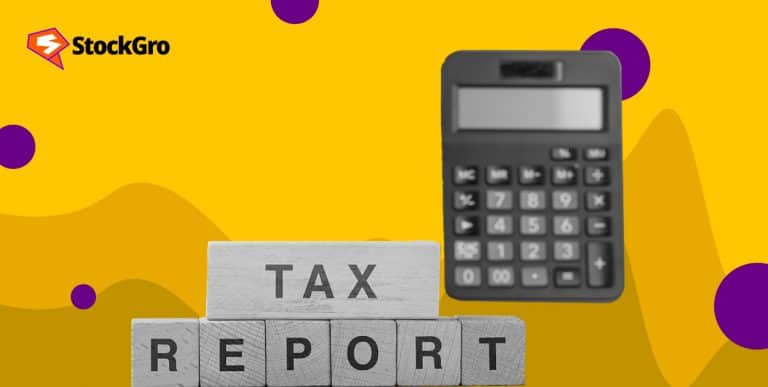
In this article, we’re going to understand who qualified institutional buyers are, and how they have been a critical force driving liquidity and stability in the Indian markets. We’re going to explore the regulations surrounding these investors, and the advantages & disadvantages associated with QIBs.
Who are QIBs?
The Securities and Exchange Board of India (SEBI) defines QIBs as institutional investors with the expertise and financial resources to participate actively in the capital markets.
They play a significant role in public offerings, particularly Initial Public Offerings (IPOs) and Qualified Institutional Placements (QIPs).
Criteria for qualification
SEBI outlines very specific criteria to classify QIBs in the market. They are:
- Mutual funds: Open-ended and closed-ended mutual funds registered with SEBI are all categorised as QIBs due to their access to large amounts of capital and professional asset management support.
- Alternative Investment Funds (AIFs): Category I, II, and III AIFs registered with SEBI.
- Foreign Institutional Investors (FIIs): Institutional investors from abroad registered with SEBI to invest in the Indian capital market.
- Public Financial Institutions (PFIs): As defined under Section 4A of the Companies Act, 1956.
- Insurance companies: Registered insurance companies in India also due to their ability to invest large amounts of capital on an everyday basis.
- Pension funds: Recognized pension funds regulated by the Pension Fund Regulatory and Development Authority (PFRDA).
- Banks: Scheduled commercial banks, which include both private and public-sector banks operating in India.
- Stock exchanges: Recognized stock exchanges in India, the largest of which are the NSE and the BSE.
- State Industrial Development Corporations (SIDCs): These are government-owned corporations established to promote industrial development.
- Foreign Venture Capital Investors (FVCIs): As registered with SEBI.
CTA: Domestic Institutional Investors
Other categories of qualified institutional buyers (QIBs) also include state industrial development corporations, provident funds with a minimum corpus of ₹25cr, the National Investment Fund, insurance funds set up and managed by the Army, Navy, or the Air Force, and insurance funds set up and managed by the Department of Posts, India.
Regulations surrounding QIBs in India
Regulations by SEBI around these investors regulate how and to what extent they can participate in public capital markets. This is done to ensure that their influence, access to information, and large amounts of capital does not lead to market manipulation or unfair advantages over smaller retail traders.
- Minimum investment threshold is applied: SEBI may specify a minimum investment amount for QIB participation in public offerings. This helps ensure only serious investors with substantial resources participate in IPOs.
- Requirement for due diligence: QIBs are expected to conduct thorough due diligence before investing in any offering.
- KYC norms: QIBs are also required to comply with KYC norms to prevent money laundering and other financial malpractices.
- Reporting and audits: QIBs are required to submit periodic reports to SEBI regarding their investments and are mandated to conduct regular audits by third parties. This allows SEBI to monitor market activity and identify potential risks.
CTA: Non-institutional investors
Advantages and disadvantages of QIB participation
There are several pros and cons to having large institutional investors in capital markets, some of which are listed below:
Pros
- Increased liquidity: QIBs’ substantial investment capacity creates a more liquid market. Their large-volume transactions increase demand for securities, making it easier for companies to raise capital and for investors to buy and sell shares.
- Successful fundraising: Companies seeking to raise capital through IPOs and QIPs rely heavily on QIB participation. Their involvement increases the chances of a successful offering and ensures efficient capital allocation.
- Investor confidence: Active participation by QIBs, who are known for their market expertise, instils confidence in other investors.
- Improved corporate governance: QIBs often have high investment standards and conduct rigorous due diligence. Their involvement can prompt companies to improve corporate governance practices to attract and retain QIB investment.
Cons
- Market volatility: QIBs can be risk-averse and may withdraw investments quickly during market downturns, amplifying market volatility and worsening bear markets.
- Retail investor impact: While QIB participation certainly creates liquidity, heavy QIB trading can leave fewer shares available for retail investors, potentially limiting their participation both due to lack of liquidity and due to excess volatility.
Frequently Asked Questions
Can a QIB invest in all types of securities offered in the market?
SEBI may restrict QIB participation in certain securities based on risk profiles or regulatory considerations. For example, some high-risk investment products might be off-limits to specific QIB categories.
How do QIBs impact the pricing of IPOs and QIPs?
Strong QIB demand can drive up the initial pricing of offerings due to their large investment capacity. However, QIBs are also known to be price-sensitive, and their negotiation power can influence the final offer price.
Can a single person be a QIB?
No, QIB status is exclusive to institutions meeting SEBI’s criteria. Individual investors can, however, participate in IPOs and QIPs through retail investor allocations or by investing in mutual funds that qualify as QIBs.
What are the potential consequences for a QIB if they are found to be engaging in insider trading?
Insider trading is a serious offence with severe penalties. QIBs caught engaging in insider trading could face hefty fines, imprisonment, and even revocation of their QIB status by SEBI.
Are there any specific tax implications for QIBs compared to retail investors?
Unlike retail investors who might claim deductions under specific sections of the Income Tax Act, QIBs typically pay taxes on their investment income at the prevailing corporate tax rate.

